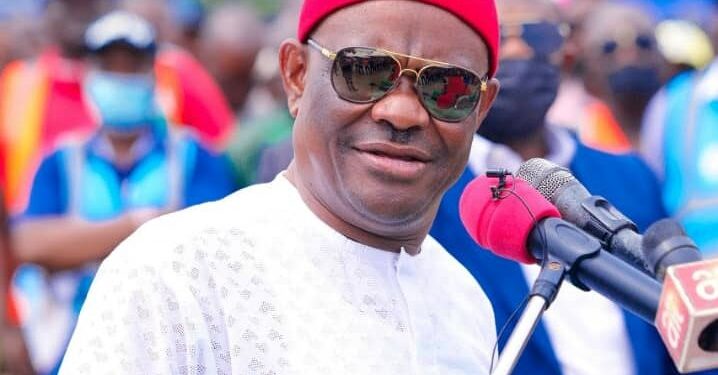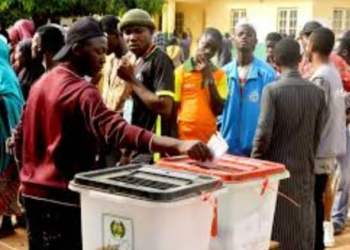The Minister of the Federal Capital Territory (FCT), Nyesom Wike, has said Abuja’s “Smart City Vision” is being driven by strategic investments across five key areas.
He named the areas as Urban Mobility, Sustainability, Public Safety, Digital Governance and Economic Empowerment.
Wike, who spoke at this year’s edition of Asia Pacific Cities Summit and Mayors’ Forum in Dubai, United Arab Emirates (UAE), also announced that Abuja was actively collaborating with international agencies and private sector actors.
The minister named the projects in which international agencies and private sector actors are partnering, including JICA on smart water metering, Chinese support for intelligent traffic lights, and ongoing ventures such as the Abuja City Walk and the Abuja Industrial Park.
These, he stressed, reflected Abuja’s commitment to leveraging public-private partnerships and city-to-city exchanges to accelerate innovation.
Wike had met with the UAE Minister of State for International Cooperation, Reem bint Ebrahim Al Hashimy, who also oversees the Political Affairs Office of Vice President and Prime Minister of the UAE and Ruler of Dubai, His Highness Sheikh Mohammed bin Rashid Al Maktoum.
A statement yesterday in Dubai by the minister’s Senior Special Assistant (SSA) on Public Communications and Social Media, Lere Olayinka, said Wike joined global mayors and city leaders at the event to highlight “Abuja’s bold steps toward becoming a world-class smart city”.
Apart from the FCT Minister, other speakers at the forum, which was moderated by the Lead of the Sustainable Urban Development Portfolio, UNESCWA, Dr. Sukaina Al Nasrawi, were: the Director of Data and Statistics Planning and Governance, Digital Dubai Authority, Sara Al Zarooni; the Executive Director of Dubai Centre for Artificial Intelligence, Dubai Future Foundation, Saeed Al Falasi; the Deputy CEO and Head of Investments, Crescent Enterprises, UAE, Tushar Singh Singhvi, and Chief Sales Officer, Asia, Middle East and Africa of Wilo Group, Lyman Tu.
Wike was accompanied to the event by the Senior Special Assistant to the Minister on Legal and Multilateral Cooperation, Benedict Daudu; the Acting Executive Secretary of the Federal Capital Development Authority, Richard Yunana Dauda; the Director, Department of Development and Control, Mukhtar Galadima; the Director of Engineering Services, Chuks Udeh, and the Director of Protocol, Sani Musa Daura.
The minister underscored Abuja’s unique status as “a purpose-built and ever-evolving capital with a clear master plan, vision, and mission anchored on service delivery to citizens”.
He said under the President Bola Ahmed Tinubu’s Renewed Hope Agenda, Abuja’s “Smart City Vision” was being driven by strategic investments in five key areas.
Expatiating the key areas, Wike said: “Urban mobility is about the expansion of transportation networks, intelligent traffic systems, and public transport solutions to reduce congestion and enhance accessibility.
“Sustainability is about smart waste management, renewable energy adoption, and waste-to-wealth initiatives aimed at a cleaner, greener environment.
“Public Safety entails deployment of smart solar streetlights, CCTV surveillance, and rapid emergency response systems to improve security.
“Digital Governance involves the creation of platforms like the FCT Call Centre and digitised land registry to promote citizen engagement, transparency, and efficiency in service delivery.
“Economic Empowerment revolves on creating jobs and attracting tech companies by expanding Abuja’s digital environment.”
The minister stressed the essence of data in shaping opportunities for Abuja’s youths.
He alluded to Nigeria’s upcoming National Employment Database in partnership with global development partners.
“This system will match skills with job opportunities, guide targeted training, and support entrepreneurship programs led by the Abuja Enterprise Agency,” he said.
The minister stressed that “Abuja’s transformation into a smart and sustainable city was not only about technology, but about placing citizens at the center of development – building a safer, more inclusive, and prosperous environment for all”.









